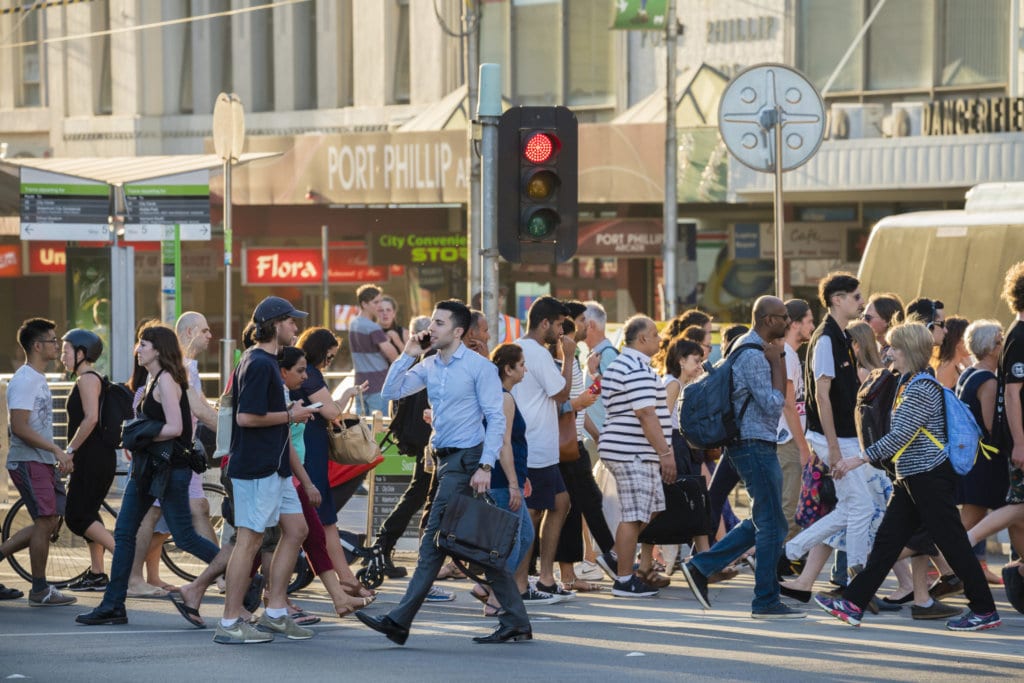The proposed three-year waiting period for new migrants in Australia to claim government benefits will affect around 50,000 families, involving about 110,000 children, between July 2018 and 2021, the Department of Social Services revealed during a Senate hearing last week.
According to the legislation, which is now before the Australian parliament, new residents will have to wait for three years instead of two to avail the family tax benefit, paid parental leave and carers allowance, reported SBS News.
Through the planned legislation, the government expects to save around $1.2 billion. The new steps that will take effect from July 1, will hit those coming to Australia on family and skilled visas. However, it would not apply to those on humanitarian visas, the Guardian reported. Those coming on a partner visa and later face a breakdown in their relationship will also be exempted.
“You’ve got people coming here as skilled migrants. How is denying them access to these types of supports encouraging self-sufficiency?” Labor senator Kristina Keneally questioned during the inquiry on Feb.28, reported SBS News.
Keneally added that she depended on social services when she arrived to Australia from the United States in 1994.
The new measure, it has been anticipated, will affect as many as 50,000 families who are eligible to avail family tax benefit part A by 2021. Along with this, 30,000 people who are waiting for other welfare payments will also be hit.
According to the government, the changes have been planned so that the new migrants become “self-sufficient” when they first come to Australia. The Department of Social Services said that it did not take advice or consultation from migrant resettlement services or migrant groups regarding the measures, the Guardian reported.
“From our perspective we believe that new migrants who are granted a permanent visa or a relevant temporary visas on or after the first of July 2018 should be placed and well-placed to support themselves through work, existing resources, or family support,” said minister Concetta Fierravanti-Wells.
Condemning the measures as harsh, the Australian Council of Social Services (Acoss) said that the delay in getting these government benefits may force migrants to lead a life of difficulties and poverty, creating a new “underclass” of migrants.
“This will hurt people who lose their job, people who need to care for a child with disability, or a family member with a terminal illness,” said Edwina MacDonald, Acoss’s director of policy and advocacy.
MacDonald added that it will disproportionately affect women and see more children live in poverty. “This will drive more people to our charities for meeting the essentials of life, such as food and shelter.”
Several Indians migrate to Australia, whether it is to work or to pursue higher education. Nearly 190,000 foreign students applied to study in Australia between July and December 2017, with the number of Indian applicants rising by 32 per cent, according to the latest statistics released by the Australian Department of Home Affairs.
